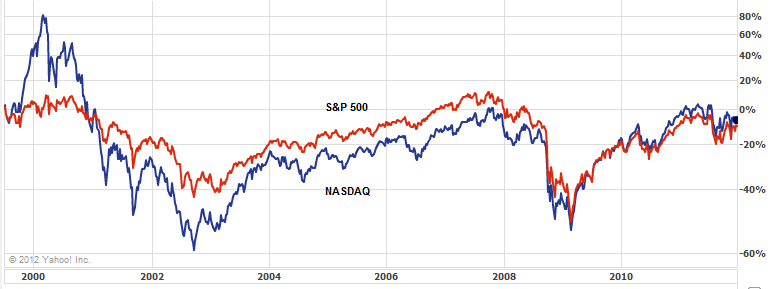Sallow
The Big Bad Wolf.
Gotta love Milton Friedman. Advocated for all the protections provided by government with no provision as to how to pay for them.
Amazing guy. Voodoo economics works..by gumption.
What are you talking about?
What do you mean by that? Friedman was not advocating for getting rid of government bailouts, government protections for banks, the judiciary, infrastructure or anything like that.
What he advocated for was a low tax low regulation environment. That's what Greenspan pushed for as well. And that's what we got.
I find it interesting that Greenspan was actually shocked and surprised by corporate greed.




